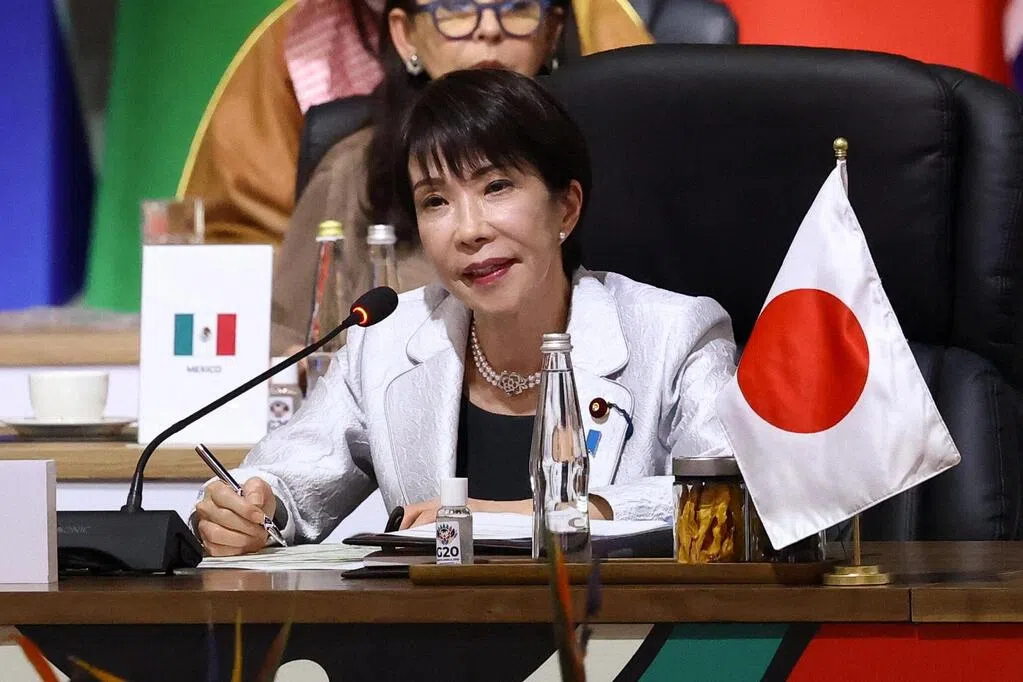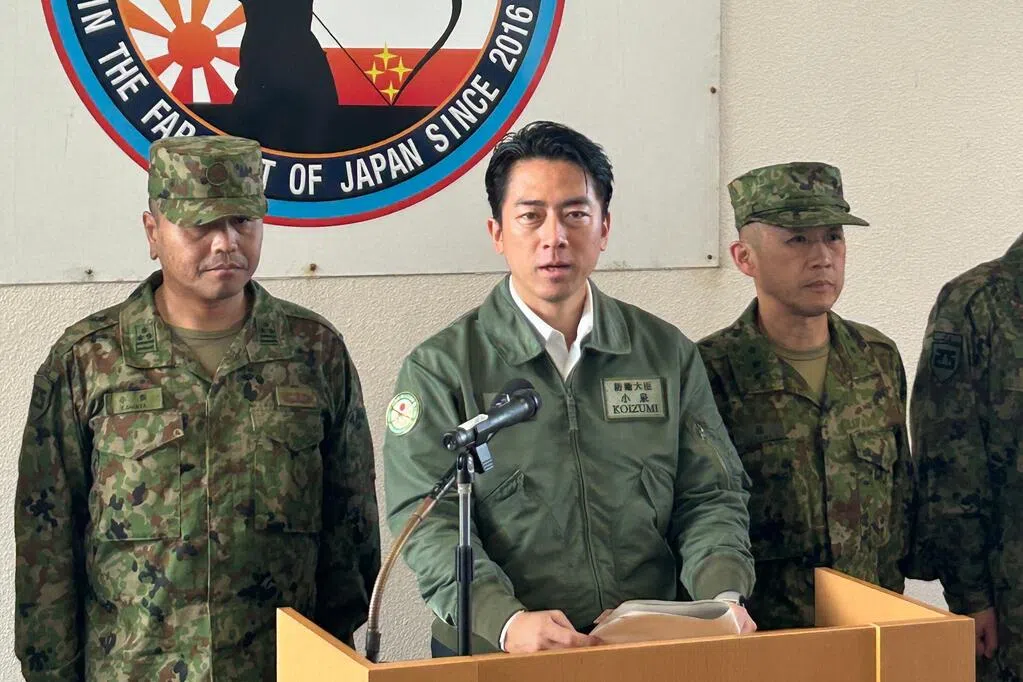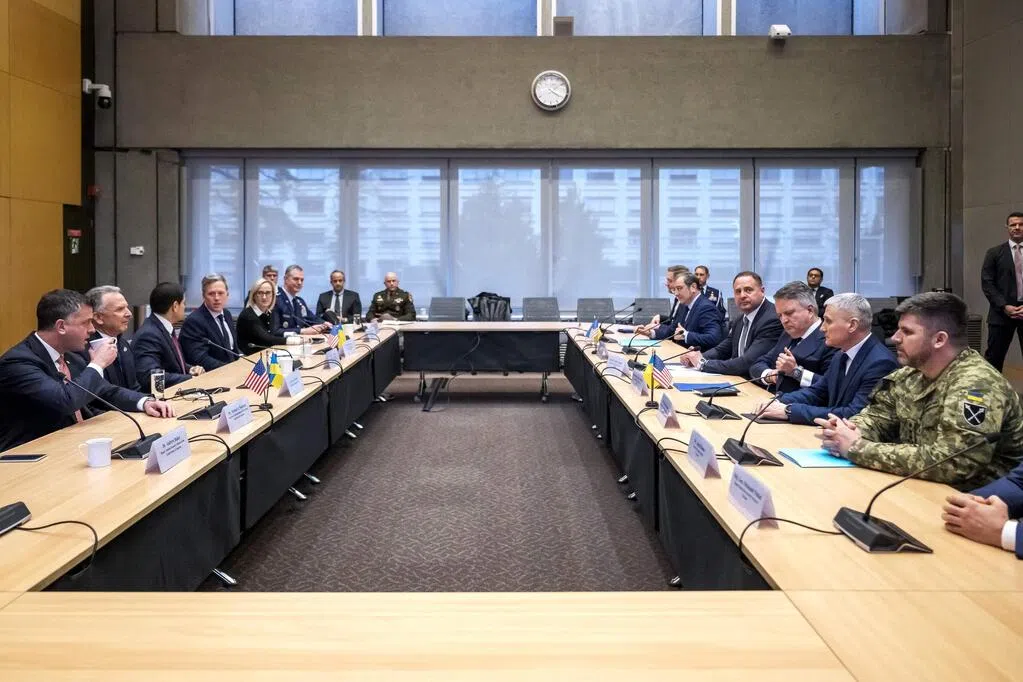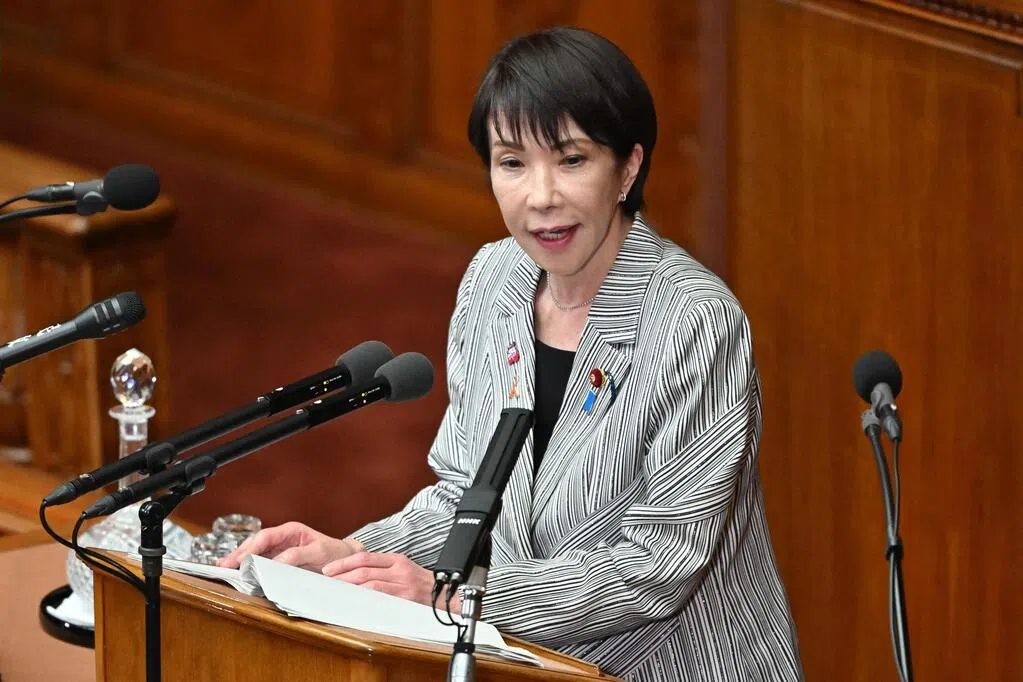Japanese Prime Minister Sanae Takaichi's remarks regarding Taiwan have worsened Sino-Japanese relations, but Japanese polls show that the Japanese public still supports the prime minister.
A nationwide poll conducted by the Mainichi Shimbun on November 22nd and 23rd showed Takaichi's approval rating at 65%, roughly the same as her rating after taking office in October. Fuji Television's FNN, part of the same group as the conservative Sankei Shimbun, reported an even higher approval rating of 75.2%, essentially unchanged from October's 75.4%.
On November 7th, during a debate in the House of Representatives Budget Committee, Takaichi stated that a state of emergency in Taiwan could escalate into a "survival-threatening situation," at which point the right to collective self-defense could be exercised. These remarks drew strong opposition from the Chinese government and have already impacted bilateral exchanges and trade activities.
This poll surveyed the Japanese public's opinion on Takaichi's remarks. The Mainichi Shimbun results showed that 25% of respondents believed there was a problem, while 50% believed there was no problem. FNN found that over 70% of respondents under 40 years old thought Takashi's response was appropriate, while those over 50 expressed more opposition.
In the questionnaires, some respondents expressed strong support for Takashi, stating, "From Japan's perspective, what she said is perfectly reasonable." Those who disagreed worried about economic damage, with one pointing out, "This will only backfire and anger China."
Further Reading


The Mainichi Shimbun believes that Mayor Kaohsiung's refusal to retract her remarks about Taiwan, which China considers a red line crossed, stems from her prediction that it won't affect her approval ratings. The newspaper also published the tough stance of a high-ranking official close to Mayor Kaohsiung. This anonymous official said, "We have angered China, but we should remain calm and show that 'we did nothing wrong.' If we back down, they will become even more aggressive." Japan anticipates that the Sino-Japanese cold war may be protracted.
China is increasing economic pressure on Japan, including restricting travel to Japan for Chinese citizens and effectively suspending imports of Japanese seafood. The Mainichi Shimbun points out that for the Kaohsiung city government, which prioritizes economic development, these Chinese measures will impact Japan's real economy.
An anonymous former minister of the Liberal Democratic Party told the Mainichi Shimbun, "If China stops exporting rare earth elements, it will be a disaster. We won't even be able to manufacture cars."
Former Prime Minister Yukio Hatoyama has been posting on social media platform X for several days, urging Mayor Kaohsiung to "admit her mistakes." On the 20th, Hatoyama wrote that Takaichi's remarks involved China's internal affairs, causing Japan-China relations to plummet and incalculably damaging Japan's national interests. He stated that a Japanese hotel had already lost the revenue of 1,000 rooms as a result. He urged Takaichi to "correct his behavior promptly."
On the 24th, Hatoyama further stated that China's criticism of Takaichi's mistakes was justified, and believed that Japanese public opinion needed to intensify its criticism of Takaichi.



